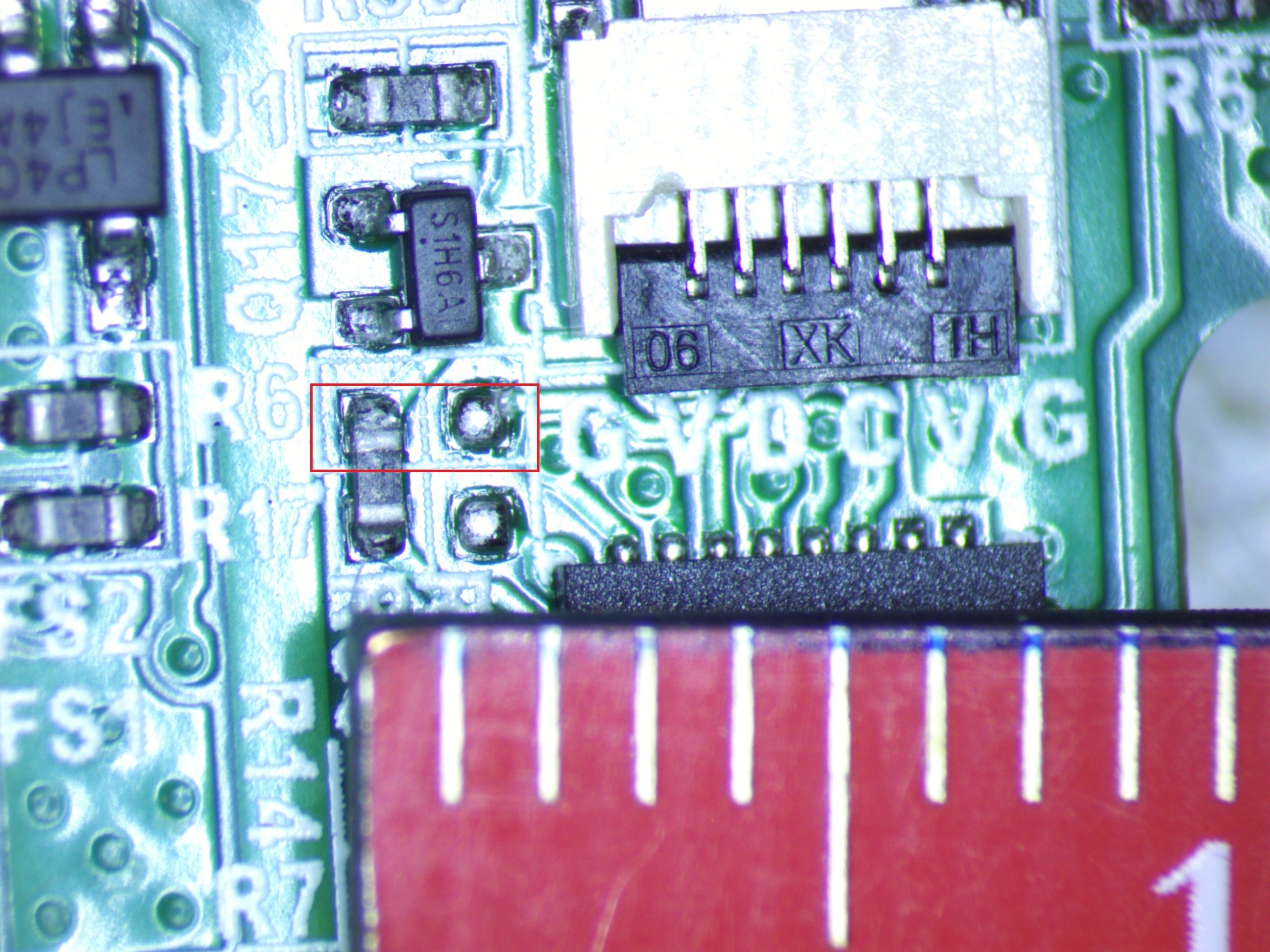I was shocked to learn that most projectors are only 2k.
ch00f
They do limit free movement though. Like the guy they pull over whose wife is going into space-labor was pulled over for leaving the city.
many book scanners use a wedge shape and two angled cameras to scan the pages when the book is held open at about a 5 degree angle
Some plastics naturally yellow over time. This process can be reversed with household chemicals. https://www.youtube.com/watch?v=wzBePPlWOFs
It was a joke. The owls are getting paid in food for their service.
That's me with United Healthcare. They charged me $80 for an annual checkup that was supposed to be free. Part of that checkup was a $14 cholesterol screening that was literally listed among the free things that came with my plan.
I contested it, they said that they reviewed my case and found nothing wrong. I escalated, which involved writing and physically mailing an appeal. They sent me the same response back that they reviewed the case and found nothing wrong.
So yes. "Fuck it" as the article says. $80 is not worth it.
This is great. Putting animals to work and they even get paid!
I've seen this kind of post a few times. If I survived a near-death experience, you bet I'd be glued to my phone telling everyone I was ok as soon as I could.
A birdwatching friend of mine has decided that if he ever discovers a new species, he's naming it "seagull" regardless of where he finds it or what it looks like just to piss off all the ornithologists.
Very well executed, though not sure how I feel about the glass plate squishing the pages down like that.




See also (SFW link)